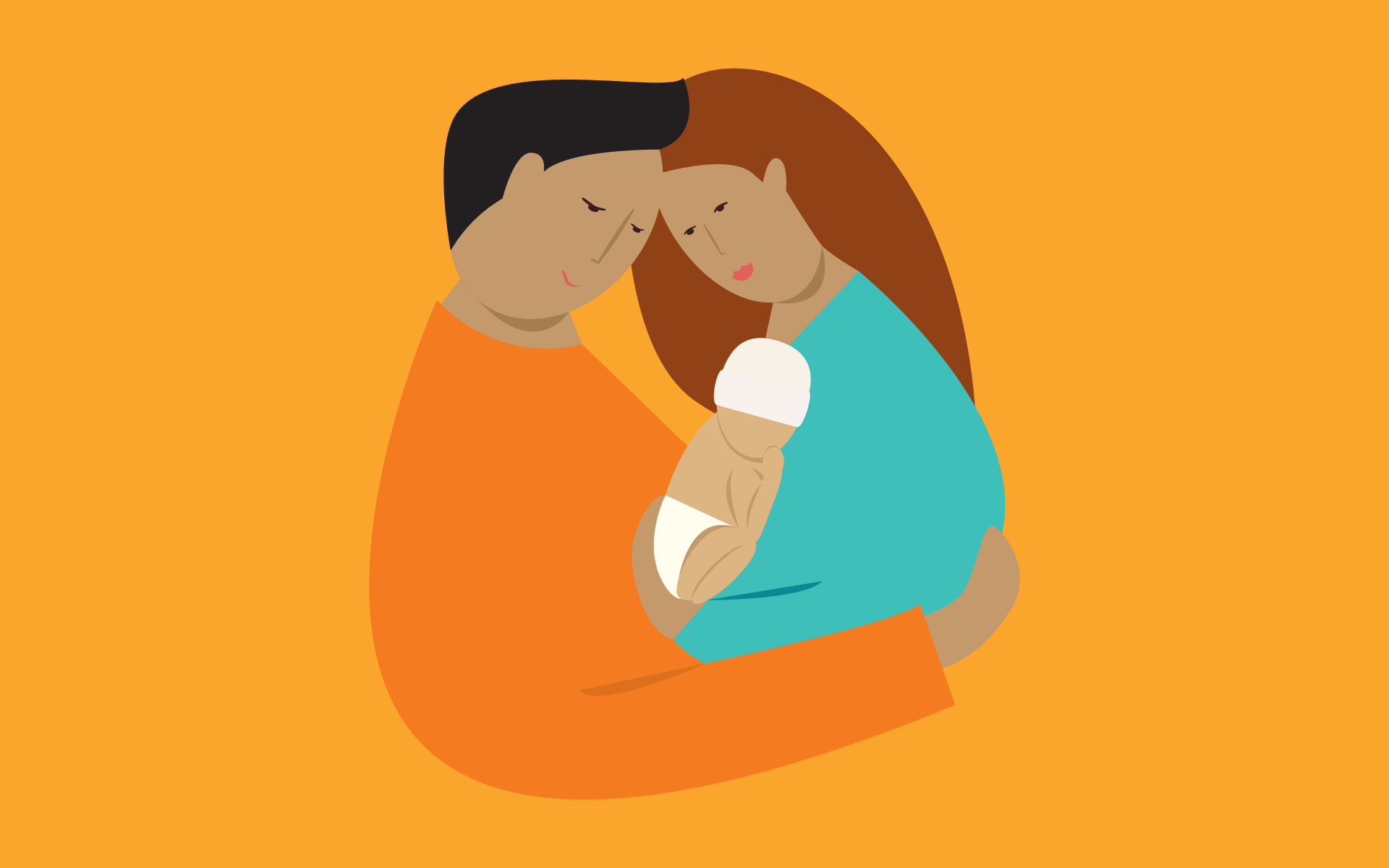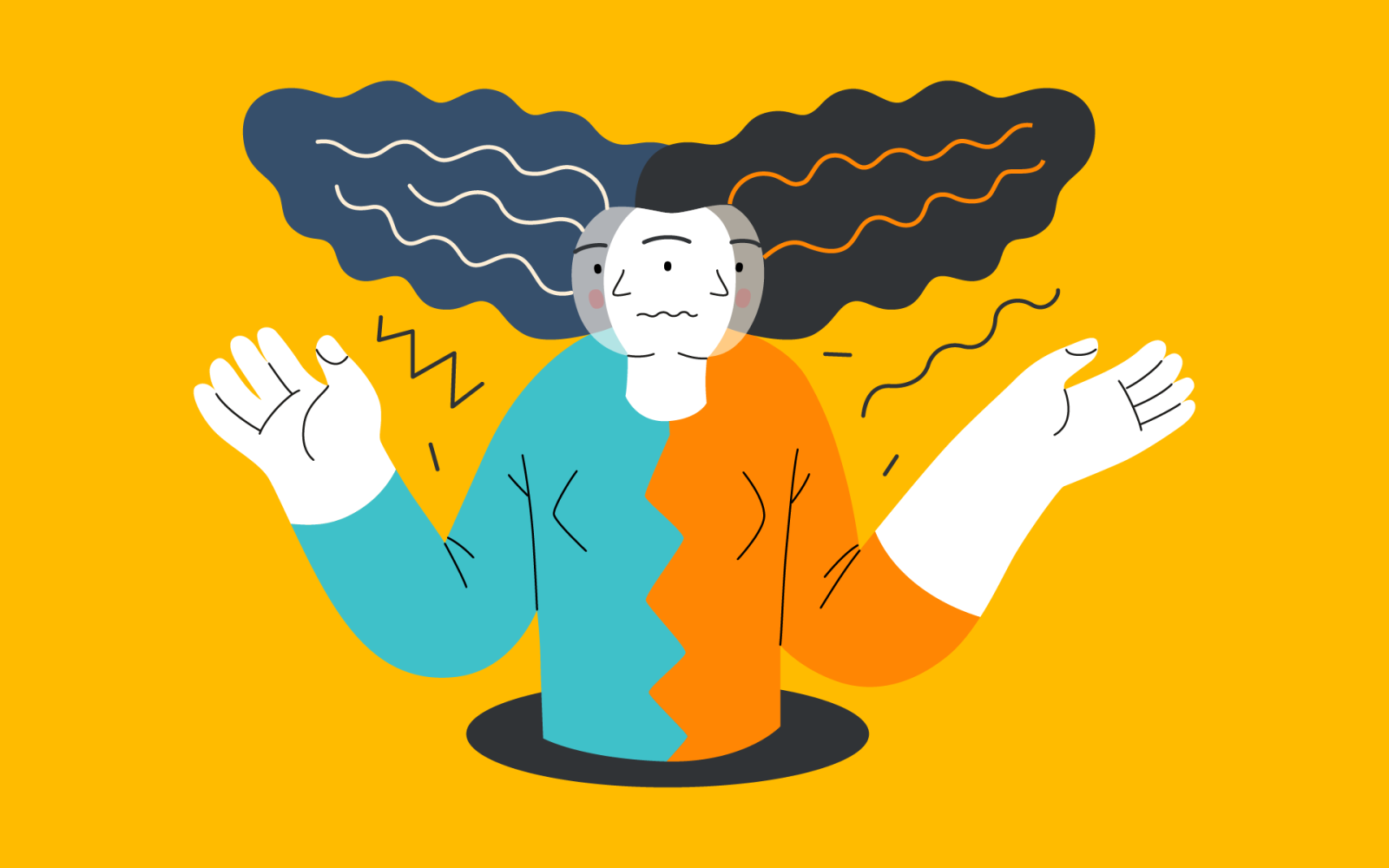What I learned about life from five nightmare weeks in a neonatal ICU

My baby’s birth was traumatic, but it strengthened both of us for life.
Sometimes, the only way out is through. I feel that on a Sunday evening when my three young children push aside their supper, look me in the eye and say, “Mommy, I’m hungry.”
The willpower it takes at that moment is extraordinary, and does not get enough credit from my spouse!
But the same applies to experiences that are a lot less mundane and a lot more traumatic.
Every April, around the time of my oldest daughter’s birthday, I start feeling anxious under my skin.
It’s because I’m reliving that month in my bones, as I think back to her dramatic birth and her subsequent five weeks in the hidden, rarely-talked-about neonatal ICU. (Also known as the NICU, pronounced “nikew” by the parents who know the beeping and rhythms of that sanitary space all too well).
As I wrote in Your Pregnancy magazine at the time, “I didn’t know it yet, but I was dying. At 33 weeks pregnant, my body was slowly shutting down, and when I woke up in the pre-dawn light on a regular Wednesday morning throbbing with pain, I had no idea I’d be having my baby 16 hours later.”
My memories are like flash cards. The whole family gathered around my bed. My husband losing his shirt, and me in post-birth haze whispering to the nurse where he could find it.
My husband trying to show me photos of my new baby, and me muttering, groggy from the anaesthetic, “I can’t look at those now.”
The gentle bath the ICU nurse gave me. My anger with my husband that he hadn’t installed the car seat yet, somehow imagining I’d be taking my almost two-month prem baby home that day. She weighed 1.65 kg — she was not leaving the hospital!
I had not imagined a scenario where I wouldn’t be allowed to touch my baby and had to ask permission to pick her up.
The sounds of the NICU will stay with me forever. The beeps of the monitors; the hm-hm-hm of the breast pump; the doorbell; the sound of the breastmilk freezer door unsticking; the squish of hand sanitiser.
I remember the guilt I felt when I sneaked away to scoff a snack from the vending machine.
There were dramatic moments too. The day another mom’s child died, and she sought comfort in the private corner of the breastfeeding room, a space where moms met to pump milk and chat. There are no guidelines about this. I avoided her eyes. Her reality was my nightmare.
There is no cultural knowledge about what to say to a nurse who won’t let you breastfeed.
There is no advice from granny on how to feel okay about leaving your baby in a sterile hospital bed while you go home.
Nor is there a witty response to well-meaning people who say, “At least you get to sleep!” When your baby has an IV drip in her fontanel, that doesn’t make you feel better.
Those five weeks were such a lonely time. Only one caregiver at a time was allowed at the NICU, so I was often alone.
After my daughter had done her stint, and was strong enough to suck (in comparison to being fed by a tube running down her nostril and into her stomach), my husband and I took our tiny, strong, sweet bundle home on voting day. She graduated from NICU and I graduated to “normal” motherhood.
I learnt many things in those weeks. Life is generous with curve balls: there is no way to predict what will happen, when, or why. All you can do is deal with it.
I am strong and capable and can do hard things: my priorities changed and I walked out of the NICU like a phoenix, knowing I had survived the hardest experience of my life. Please.
My daughter is one tough cookie: she is resilient and strong, and our bond is forged by fire.
My husband loves me very, very much…and he knows as little as I do. I didn’t realise, until I got very sick, how much he loves me and needs me.
I also realised that parenting was as much a surprise to him as it was to me. My biggest lesson was one I’ve learnt many times, through many difficult experiences.
To get out, to get to the light at the end of the tunnel, you have to go through it. And the lessons you learn on the way will be embedded in your bones for life.


